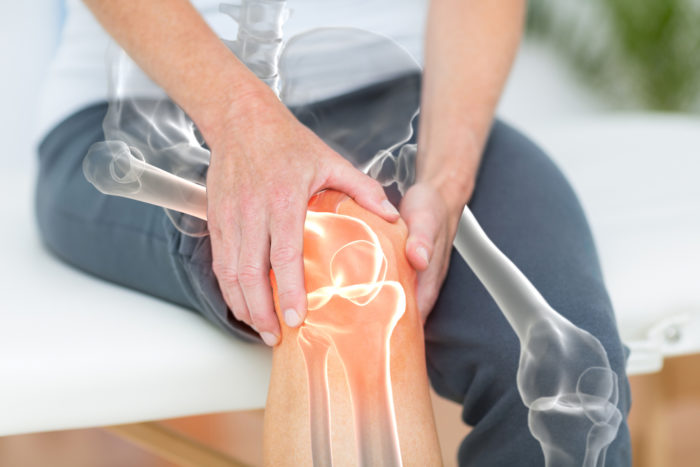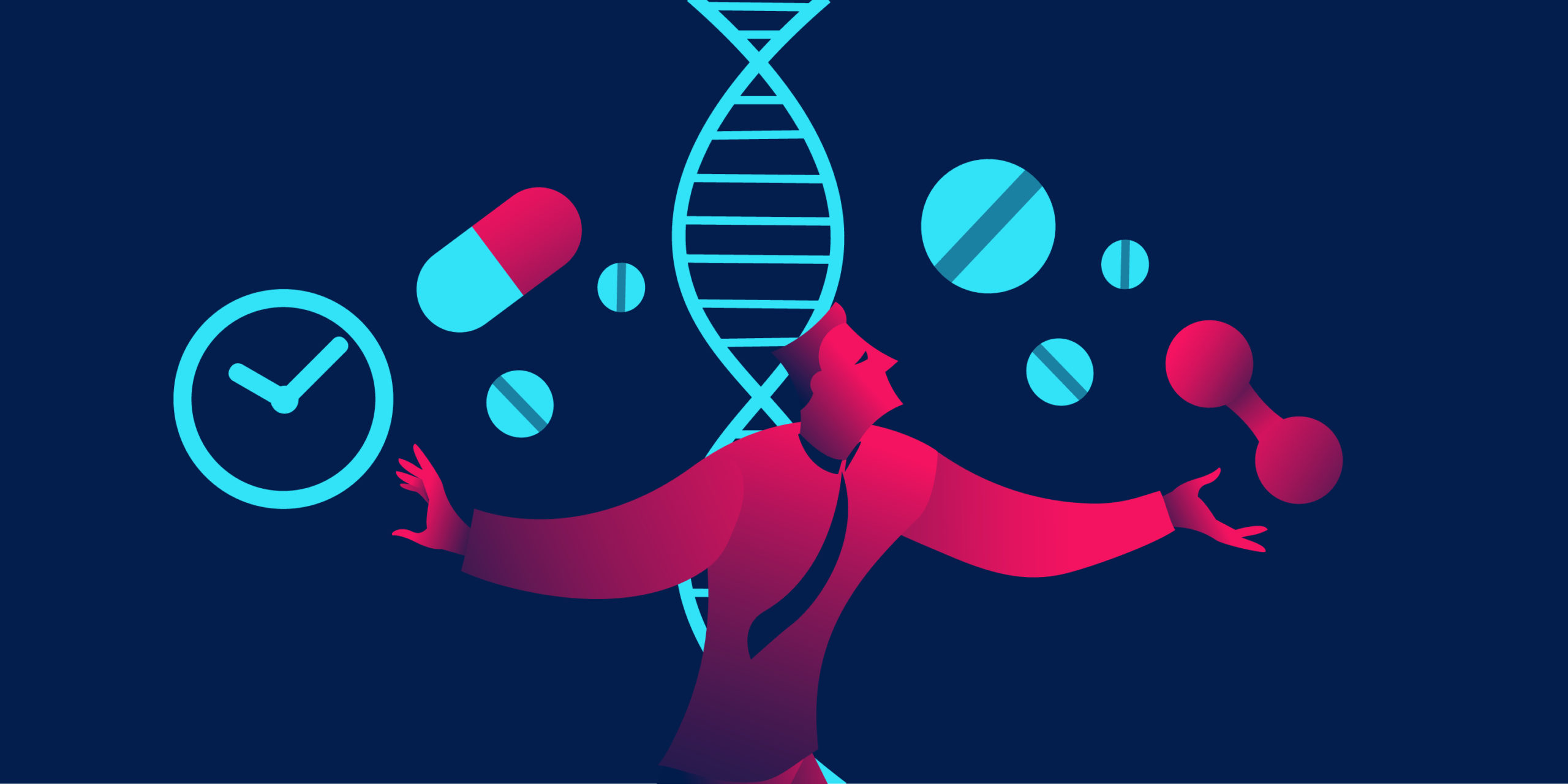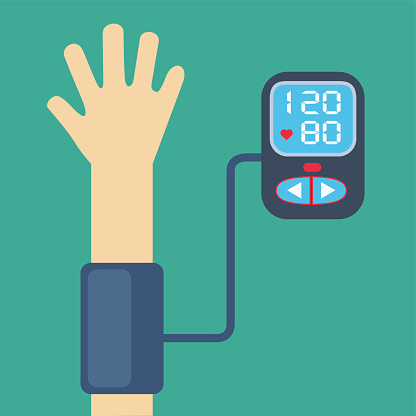
The future looks bright for knee pain
April 26th, 2021We all want to live a full and active life, free from pain, stress and anxiety. But with ageing and injuries, it’s almost impossible – for now…
As children, we walk, run and jump without a care in the world but as we get older using the stairs, bending down to weed the garden or even getting down on one knee to pop the question can be painful. Do you suffer from knee pain? If so, this article will be of interest to you.
With age comes wisdom but knee problems too…
The knee joint is the largest in the human body and the most easily injured, it is made up of bones, cartilage, ligaments and tendons. The most common injuries to the knees are fractures, dislocation, sprains and tears of the soft tissue like ligaments. The other common issue with the knees is arthritis which normally affects people in their later years – with age comes wisdom but unfortunately knee problems too. Knee pain can be associated with swelling, clicking, locking and the knees giving way which can result in serious injury.
Our joints need shock absorbers to prevent injury when we move…
Knee cartilage (articular cartilage) is the slippery tissue on the ends of and between your bones. It provides cushioning and acts as a shock absorber when we move our legs. Unfortunately, cartilage can become damaged due to ageing, injuries or illness resulting in pain and in severe cases, loss of mobility. Cartilage can’t repair itself naturally, it has no regenerative capabilities and poor blood supply in adulthood, so when injured or deteriorated there are limited options for treatment.
Pain can be limiting, crippling and life-changing…
Pain can be life-changing physically and mentally, it can result in the loss of a job, isolation, frustration and desperation. It can be debilitating, all-consuming and everyday tasks can become almost impossible. Using the stairs at work can become challenging or bending down to pick up shopping or small children can be extremely uncomfortable. Competitive sports and physical hobbies can be cut short by knee pain which can harm people’s mental health. We all know that exercise is really good for stress relief, weight control and fitness and to be told you can no longer walk for miles or cycle for example due to knee problems, it can have an adverse effect on mental health.
Getting old can be a real pain, especially in the knees…
As the years go by, arthritis creeps up on you and it isn’t just caused by overuse of the joints, there are different types of arthritis.
- Osteoarthritis : https://www.arthritis.org/diseases/osteoarthritis
Osteoarthritis is the most common and degenerative form of arthritis in the knee. The cartilage in the knee joint gradually wears away and is most likely in people 50 years of age and older
- Rheumatoid arthritis : https://www.arthritis.org/diseases/rheumatoid-arthritis
Rheumatoid arthritis is when the immune system malfunctions and attacks the synovial membrane that encases and protects the joints
- Psoriatic arthritis : https://www.arthritis.org/diseases/psoriatic-arthritis
Psoriatic arthritis is associated with the skin condition psoriasis, which is normally red patches of skin topped with silvery scales
- Reactive arthritis: https://www.arthritis.org/diseases/reactive-arthritis
Reactive arthritis is when there are joint pain and swelling brought on by an infection, most commonly in the intestines, genitals or urinary tract
There’s no cure to arthritis in the knee at the moment but help is on its way!
Knee cartilage injuries and arthritis are very common, there have been lots of research and studies all around the world. Researchers from the Queen Mary University of London have developed 2 ways to both encourage cartilage healing and improve joint pain, when caused by aging or injury. These findings could result in knee pain relief for millions of people worldwide, if the treatments work, you could be jumping with joy or leapfrogging well into your 80s.
Agrin and ROR2
Recent studies into the molecule “Agrin” (a large proteoglycan) have shown that it can be used to treat knee injuries to cartilage and bone. When Agrin is implanted in the knee, dormant stem cells in the joint are instructed to start repairing the damaged area.
Researchers have also found that they can remove stem cells from a patient’s knee, grow and treat them with various substances and implant them back into the knee.
Both methods to repair cartilage and reduce knee pain have been a groundbreaking discovery but it won’t be possible on humans for some time. Tests have been performed on mice and sheep and more extensive research is needed. Age is a relevant factor in their findings the tests had been done on young animals so researchers are yet to conclude that the process will be effective in the elderly, although it looks promising.
Another study which looked at the molecule ROR2 showed that this was missing in healthy cartilage, but present in injured cartilage – this molecule can result in breakdown of the cartilage. As such, blocking ROR can help to alleviate osteoarthritis.
Resulting work from this study saw scientists stop cartilage cells from producing ROR2 using a gene silencing technology called “Small Interfering RNA”. This not only resulted in rapid pain relief, it also resulted in improved cartilage formation in human cartilage cells in test tubes. Again, these tests and procedures are yet to be done on humans and more toxicity studies need to be performed.
Clinical trials for all the procedures are due to start soon meaning help could be on its way for those who suffer knee pain.
Specialists expect in the future, and if trials are successful, that a simple knee op or keyhole surgery will be sufficient to heal cartilage defects and prevent against further cartilage damage, with the end goal of preventing knee replacement operations.
Do you suffer from knee pain?
You may be one of the many people who have visited their doctor about pains in their knees and have received the disheartening response from the doctor who sympathetically says, “I’m sorry, there’s not a lot we can do to eliminate the pain, it’s just something you will have to learn to live with.”
When seeking medical help for knee pain, after consultation and tests, doctors and specialists normally recommend a pain management program designed specifically for a person and their symptoms.
You can also use self-help and here are our 16 useful tips to help you live with knee pain:
- Most importantly, visit your doctor and get a diagnosis. They may recommend to you seeing a physiotherapist, osteopath, chiropractor or other types of therapy that are available.
- Work with a pain management specialist who can develop a tailored program with various medications, recommending specific doses and timings for a better response to the medicines prescribed. You may also be offered steroid injections. Find out more here.: https://www.nhs.uk/conditions/steroid-injections/
- Body awareness is important including your body weight. Carrying excess weight will put more pressure on the knees, so a healthy weight can result in happier joints.
- You may need to consider knee surgery, make sure you find out about all your options and educate yourself about the procedures and aftercare.
- Be kind to yourself, try not to get angry and frustrated, although that’s easier said than done. Seek mental health support if you are struggling with the pain, you consider doing a course such as CBT (Cognitive Behavioural Therapy). Ask your doctor about your different options.
- Get good quality sleep, pain is a lot worse when you are overtired. Try to fall asleep when pain relief is at its optimal level.
- Use the RICE principle for pain relief – Rest, Ice, Compression and Elevation. Find out more about RICE here.: https://www.uofmhealth.org/health-library/tw4354spec
- Use heat and ice on the affected area much like sportspeople do when they suffer an injury. Find out more here. : https://www.arthritis-health.com/treatment/alternative-treatments/applying-heat-vs-cold-arthritic-joint
- Wear appropriate and good quality footwear or use shock absorber innersoles if preferred.
- Exercise is good for you and activities can be adapted to suit people with knee injuries. Check with your doctor before you introduce a new exercise activity and make sure you warm up and cool down after you’ve exercised.
- To strengthen week knees it’s good to keep moving. If possible and if it’s not too painful, use stairs instead of the lift to help strengthen the muscles around the knee. Walk instead of drive, do cycle runs instead of constant pounding on the streets. A knee support could be worn whilst you are doing sport or other physical activities.
- Avoid activities that have a high risk of injury. If you have weak knees the last thing you want to be doing is putting yourself at risk. Skiing is a good example, a lot of stress is placed on the knees and the likelihood of falling over or twisting the knee is high so this would be one type of exercise that you would want to avoid doing.
- Learn relaxation techniques such as meditation, yoga and controlled breathing – it makes the pain more bearable.
- Educate yourself and look after your body, pace yourself and use knee support at times, if it helps. There are many pain relief gels and creams available and you must find one that works for you.
- Eat a healthy diet including fish oils, nuts & seeds, root vegetables, colourful fruits, olive oil, lentils & beans, garlic and whole grains. Find out more.: https://www.caryortho.com/10-foods-that-help-reduce-joint-pain/
- Take a supplement for cartilage issues.
The following products are worth a mention:
- Cartalax normalizes the function of the musculoskeletal system. It is a peptide that contains amino acids that contribute to the normalization of the function of cartilage. :
- Cartilage Bioregulator (Nature’s Marvels), normalizes the function of the cartilage. It reduces the risk of joint and spine disease and improves movement.
- JointPro™ A peptide cream for joint pain, arthritis and tendon injuries.
- PEA Palmitoylethanolamide (PainPro™) An all natural pain killer.
Reducing stress and anxiety in your life can help with pain management, focus on your well-being, try to be positive, keep active and aim to stay healthy and strong – the future looks bright for knee pain.
For more product information, relevant articles and customer reviews click the product links for the IAS website.
References:
2.) https://stm.sciencemag.org/content/12/561/eaax3063.abstract








